I’m not a prize to be won!
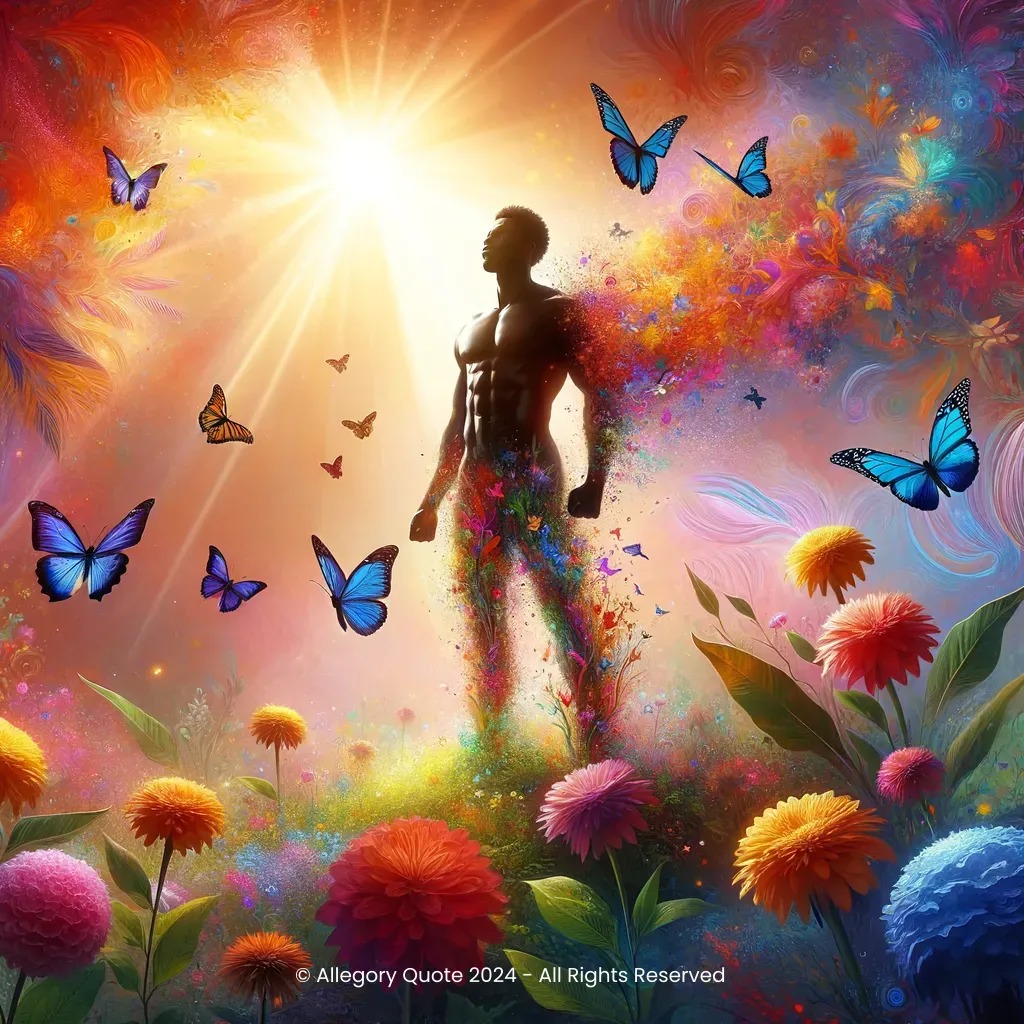
0
0
0
0
- Meaning
- The phrase underscores the importance of individual identity and self-respect. Philosophically, it aligns with ideas of autonomy and empowerment, suggesting that one's worth is innate and cannot be conditional upon external validation. Psychologically, it speaks to self-esteem and the rejection of objectification and commodification in relationships.
- Allegory
- The image elements capture the essence of the phrase: the confident figure represents individual autonomy and self-worth, while the garden symbolizes personal growth and the vibrancy of life when one embraces their identity. The butterflies and birds amplify the message of transformation and freedom from external expectations, echoing the idea that no one should be viewed as a prize to be won.
- Applicability
- This phrase can be applied in daily life as a reminder to prioritize one’s own self-respect and identity over societal expectations or the desire for approval from others. It encourages individuals to assert their individuality and reject relationships that are predicated on objectification or superficial value.
- Impact
- This phrase has inspired discussions surrounding femininity, empowerment, and self-worth. It is frequently quoted in feminist circles and social media, advocating for the notion that women (and individuals in general) should not be objectified or seen as prizes to be won.
- Historical Context
- The phrase originates from the early 1990s with the release of "Aladdin" (1992), which reflects a shift in Disney's portrayal of female characters, moving towards more empowered and independent figures.
- Criticisms
- Criticism may arise from interpretations that label the phrase as overly simplistic or dismissive of people who find value in being pursued in romantic contexts. Some may argue that the phrase undermines traditional courtship rituals. However, proponents assert that it promotes a more profound appreciation of mutual respect in relationships.
- Variations
- Variations of this phrase exist in various cultures, highlighting differing interpretations of self-worth and autonomy in relationships. For instance, in some cultures, the idea of being a 'prize' is seen as a compliment, representing desirability, whereas in others, it is rejected as objectifying.
-

Some people are worth melting for.
-
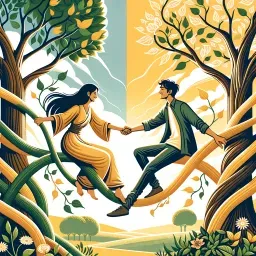
You’ve got a friend in me.
-
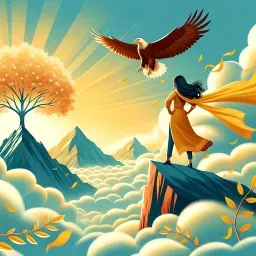
You’re braver than you believe, stronger than you seem, and smarter than you think.
-

I refused to be a fool dancing on the strings held by all those big shots.
-
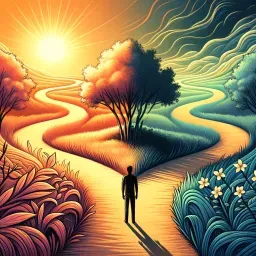
The past can hurt, but the way I see it, you can either run from it or learn from it.
-
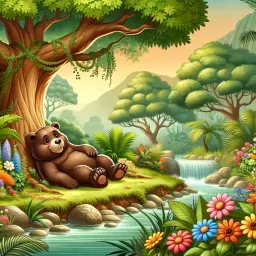
The bare necessities.
-

Let it go.
-

I don’t remember asking you a goddamn thing!
-

There’s no place like home.
-

Adventure is out there!
-
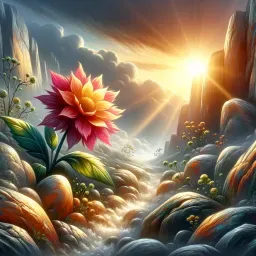
The flower that blooms in adversity is the most rare and beautiful of all.
No Comments